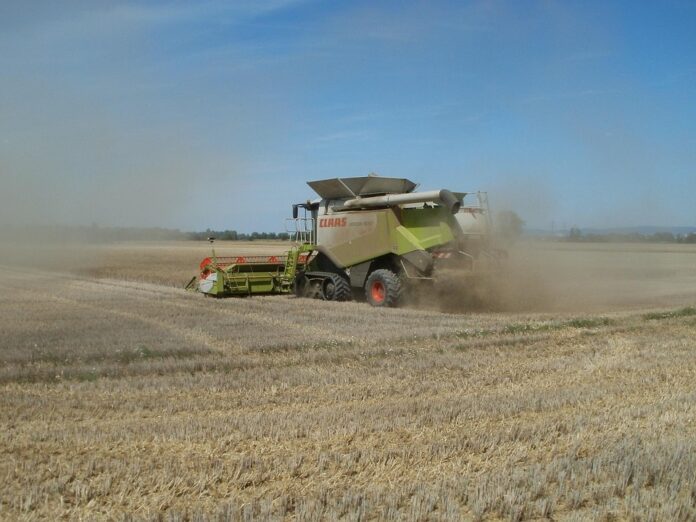Introduction
Integrated pest management (IPM) is a sustainable approach to managing pests that combines biological, cultural, physical, and chemical tools in a way that minimizes economic, health, and environmental risks. Precision spraying is a key component of IPM that allows for targeted application of pesticides, reducing the amount of chemicals used and minimizing environmental impact. In this report, we will explore the role of precision spraying in IPM and its impact on the agricultural industry.
The Importance of Integrated Pest Management
Integrated pest management is crucial for sustainable agriculture as it helps to reduce reliance on chemical pesticides, which can have harmful effects on the environment, human health, and non-target organisms. By using a combination of different pest control methods, IPM can effectively manage pest populations while minimizing risks.
Benefits of IPM
– Reduced chemical pesticide use
– Minimized environmental impact
– Lower production costs
– Improved crop quality
– Enhanced biodiversity
– Reduced pesticide resistance
Challenges of IPM
– Initial investment in alternative pest control methods
– Need for specialized knowledge and training
– Monitoring and decision-making can be time-consuming
– Resistance from growers accustomed to traditional pest control methods
The Role of Precision Spraying in IPM
Precision spraying involves the use of technology to deliver pesticides only where they are needed, reducing waste and minimizing off-target effects. This targeted approach allows for more efficient pest control while reducing the environmental impact of pesticide use.
Technologies Used in Precision Spraying
– GPS technology for precise location tracking
– Variable rate technology for adjusting spray rates based on specific conditions
– Sensors for real-time monitoring of pest populations
– Drone technology for aerial application of pesticides
Benefits of Precision Spraying
– Reduced pesticide use
– Lower production costs
– Improved efficacy of pest control
– Minimized environmental impact
– Enhanced worker safety
Companies Leading in Precision Spraying
– John Deere: A well-known agricultural machinery company that offers precision spraying equipment and technology.
– Trimble: Provides precision agriculture solutions, including precision spraying systems.
– Raven Industries: Offers precision agriculture products, including precision spraying technology.
Industry Insights
The global precision agriculture market is growing rapidly, driven by increasing demand for sustainable farming practices and the need to improve crop yields. According to a report by Market Research Future, the precision agriculture market is expected to reach $10.23 billion by 2023, with a compound annual growth rate of 13.7%.
Financial Data
– John Deere reported revenue of $35.54 billion in 2020, with a net income of $2.75 billion.
– Trimble reported revenue of $3.33 billion in 2020, with a net income of $0.36 billion.
– Raven Industries reported revenue of $332.1 million in 2020, with a net income of $31.5 million.
Trends in Precision Spraying
– Adoption of autonomous vehicles for precision spraying
– Integration of artificial intelligence for decision-making
– Continued development of sensor technology for real-time monitoring
Conclusion
Integrated pest management, with a focus on precision spraying, plays a vital role in sustainable agriculture by reducing pesticide use, minimizing environmental impact, and improving crop yields. As technology continues to advance, precision spraying will become even more efficient and effective in managing pest populations while promoting sustainable farming practices. By adopting IPM strategies and investing in precision spraying technology, the agricultural industry can achieve long-term success while protecting the environment for future generations.




